2025-06-02 21:50:05|Myriagame |source:minecraft skins
There are only a few weeks left before Apple's 2025 Global Developers Conference (WWDC).Like in previous years, Apple seems to be "pivoting" mentioning the game business in the software release process again.
According to Bloomberg reporter Mark Gulman, Apple plans to launch a "dedicated game app", which "will act as a game launcher to integrate in-game achievements, rankings, social interaction and other activity functions."
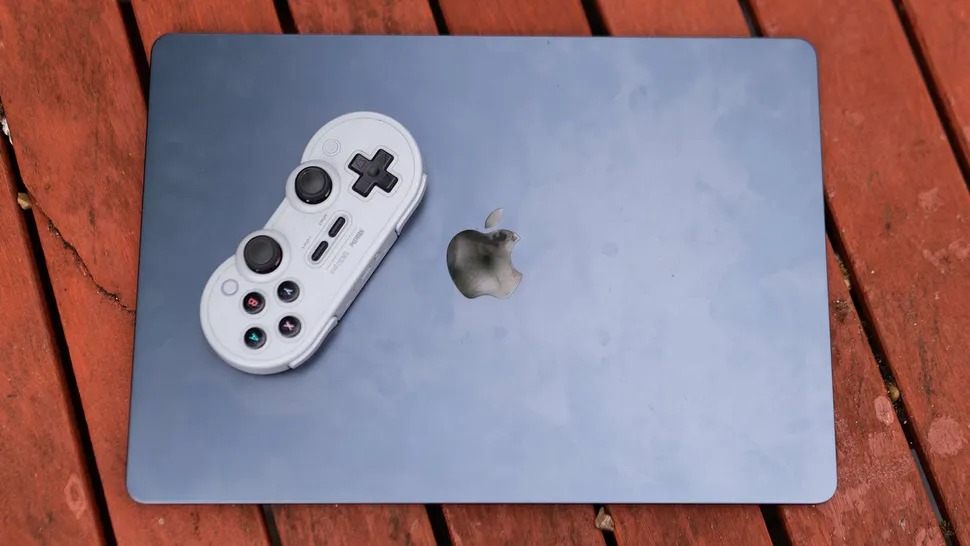
This sounds like Steam, but this app mainly includes App Store games and Apple Arcade subscription services.However, Gulman also mentioned that the Mac version "can access games outside the App Store", and may be connected to the Steam or Epic game library in the future.
Apple also recently acquired RAC7 Studio, a developer of Sneaky Sasquatch, which may imply that it is planning to plan first-party game development.
In the past few years, well-known games such as "Assassin's Creed" and "Resident Evil 4" have been transplanted to the Apple platform, and Netflix games have also successfully introduced independent games such as "Hades" and "Death Gate".
Although these are positive signals, most players still tend to play 3A masterpieces with Windows computers or hosts rather than Apple devices.The new game launcher may make game management easier for Mac or iPhone, but it does not solve the fundamental compatibility issues.
Embarrassingly, the current Linux system experience is better than that of Mac - this is very telling.Some people can't help but ask: Why didn't Apple learn from Valve's ideas and develop a compatibility layer tool like Proton (making hundreds of Windows games compatible with Linux) for macOS?
The compatibility layer can lower the threshold for developers to port games (at least for macOS), quickly expand the user base, and break the vicious cycle of "few players → manufacturers are unwilling to develop → fewer players" - after all, developers are now unwilling to adapt to Mac because players are concentrated on Windows, and fewer Mac games have led to players being unwilling to migrate.
Ironically, since Apple launched the M-series chip, the gaming performance of MacBook has been greatly improved. The crux of the problem is that there are insufficient macOS-compatible games to unlock hardware potential.
Integrating Proton-like compatibility layers in the new launcher may be the key to filling this gap - it can not only demonstrate the gaming potential of macOS, but also attract more developers to provide native support.

"The Witcher 3" once thought
2025-06-07 00:31:34
Nintendo urgent reminder: Do
2025-06-07 00:31:31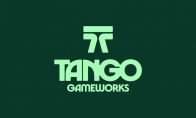
"Perfect Sound Wave" develop
2025-06-07 00:31:28
"The Witcher 4" will be disp
2025-06-07 00:31:25
"Fantasy Life i" global sale
2025-06-07 00:31:22
IO Interactive officially an
2025-06-07 00:31:19
Survival horror game "Total
2025-06-07 00:31:16
"Dungeons and Dragons" 3A si
2025-06-07 00:31:14
The new art picture of the d
2025-06-07 00:31:11
Resident Evil 0 remake was r
2025-06-07 00:31:08
Pirate Minecraft Skins
Minecraft Skins
2024-12-10 04:11:27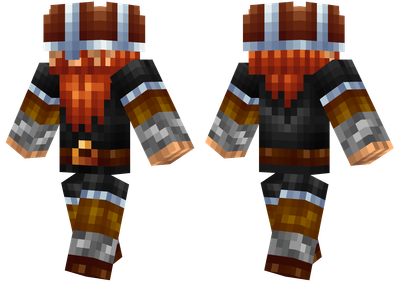
Pirate Minecraft Skins
Minecraft Skins
2024-12-10 04:11:26
King Minecraft Skins
Minecraft Skins
2024-12-10 04:11:25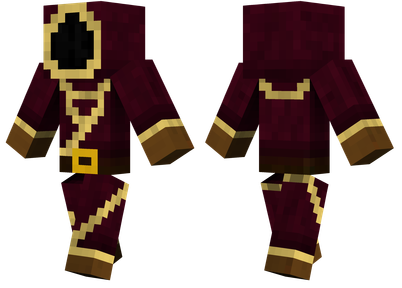
Master Minecraft Skins
Minecraft Skins
2024-12-10 04:11:25
Guide Minecraft Skins
Minecraft Skins
2024-12-10 04:11:24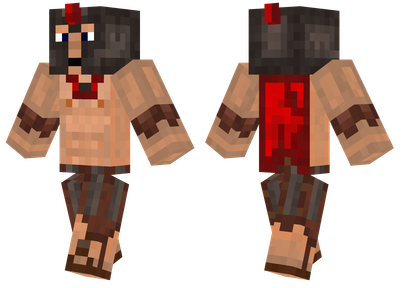
Sparta Minecraft Skins
Minecraft Skins
2024-12-10 04:11:23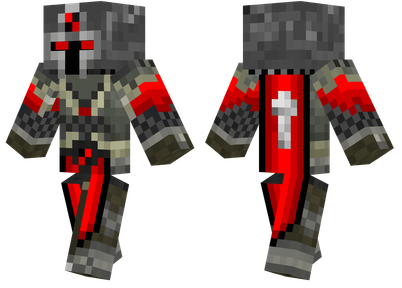
Dark Knight Minecraft Skins
Minecraft Skins
2024-12-10 04:11:23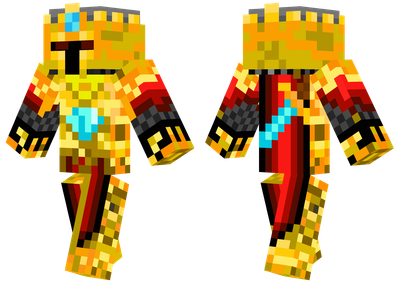
Golden Cavaliers Minecraft S
Minecraft Skins
2024-12-10 04:11:22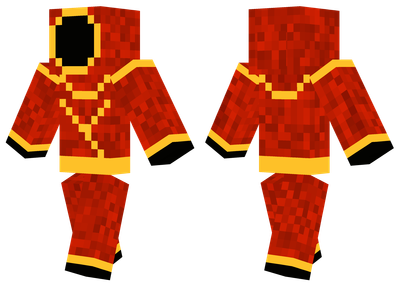
Red Witch Minecraft Skins
Minecraft Skins
2024-12-10 04:11:22
Moncraft Skins of the War
Minecraft Skins
2024-12-10 04:11:22